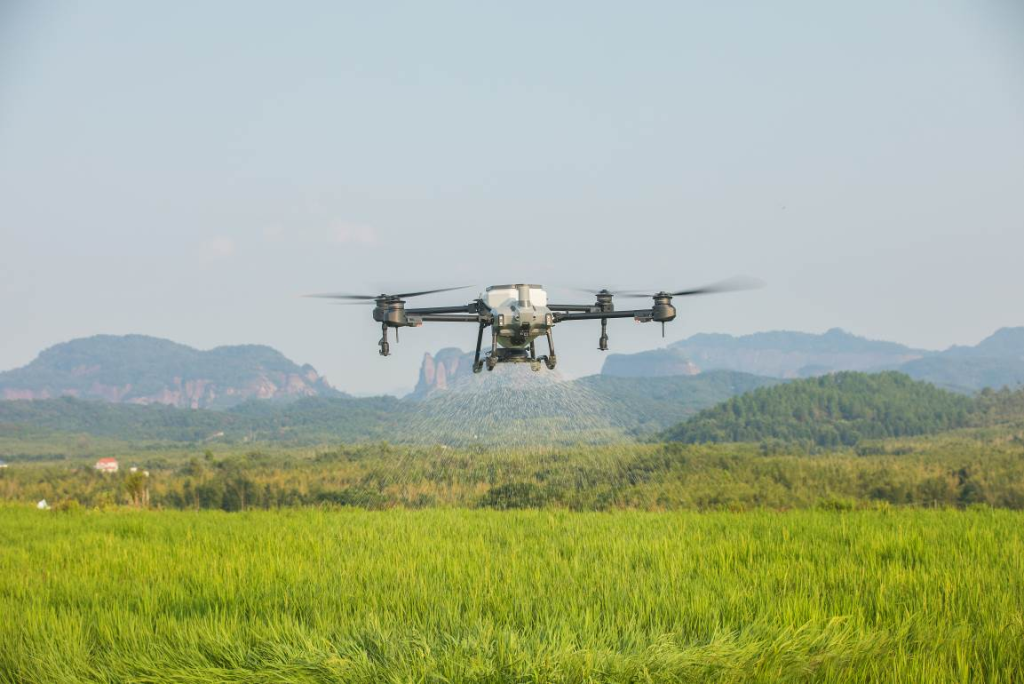Precision agriculture relies heavily on machinery to optimize farming practices and improve overall crop management. In this article, we will explore how machinery is at the heart of precision agriculture and its impact on modern farming.
Precision agriculture involves the use of technology and data-driven approaches to make informed decisions about crop management. Machinery plays a crucial role in collecting data, implementing precision techniques, and ensuring that resources are used efficiently.
One of the key aspects of precision agriculture is precise planting and harvesting. Machinery equipped with GPS and precision planting technology can plant seeds at the exact depth and spacing required for optimal crop growth. This precision not only maximizes yields but also reduces seed wastage.
Similarly, precision machinery is instrumental in harvesting crops at the right time and under the optimal conditions. Combine harvesters equipped with sensors can adjust their settings to ensure that the harvest is done at the peak of crop maturity, resulting in higher-quality produce.
Machinery also facilitates real-time data collection and monitoring of field conditions. Tractors and drones equipped with various sensors can capture data on soil moisture, nutrient levels, and crop health. This data is then used to make timely decisions about irrigation, fertilization, and pest control, ensuring that resources are applied only where needed.
Moreover, machinery helps reduce the environmental impact of farming. Precision technology allows for the precise application of fertilizers and pesticides, minimizing overuse and reducing the risk of chemical runoff into water bodies. This environmentally conscious approach aligns with the goals of sustainable agriculture.
Machinery has also made it possible to adopt no-till and reduced-tillage farming practices. These methods help conserve soil structure, reduce erosion, and sequester carbon in the soil, contributing to improved soil health and long-term sustainability.
In conclusion, machinery is the backbone of precision agriculture, enabling farmers to make data-driven decisions, optimize resource use, and reduce environmental impact. As technology continues to advance, the role of machinery in precision agriculture will only become more significant, leading to more sustainable and efficient farming practices.







Please sign in to comment
register